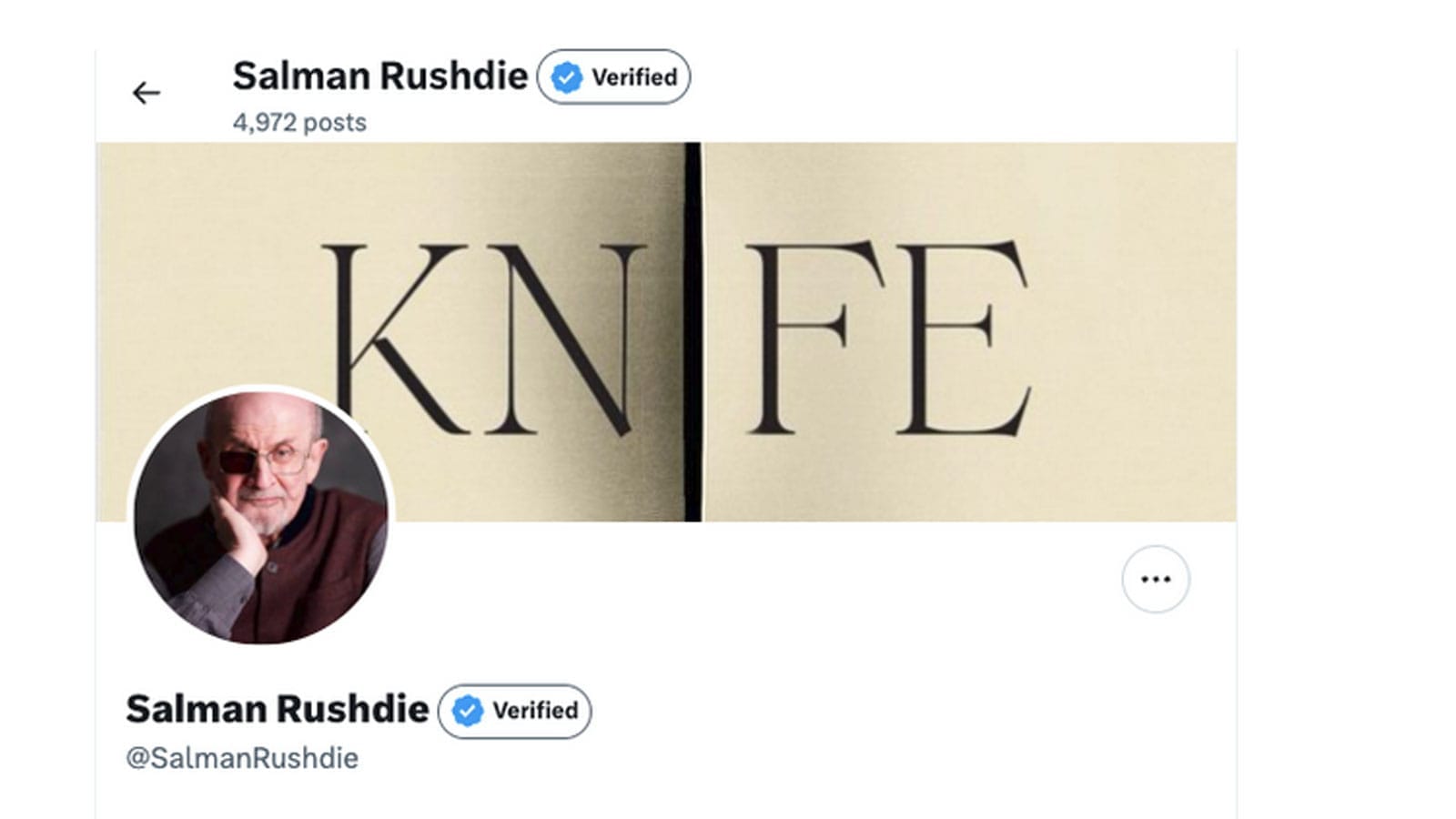The Pen and the Blade
by Kọ́lá Túbọ̀sún

I’ve read only two books by Salman Rushdie: the one that won him global notoriety in 1989, and his latest.
I first read The Satanic Verses in college in the early aughts, and I thought it was the best book I’d ever read. Funny, rascally, and textually inventive. I’d never read anything like it. Of course, I read it after I’d learned from colleagues why the book had made Rushdie a wanted man, and that had been my biggest curiosity. But in the event, I found the book’s infamous blasphemy disappointing.
There was nothing in the book, I thought, that deserved the opprobrium that the mullahs in Iran had heaped on its author. I don’t know what I'd been expecting; I was in my early twenties, and trying to learn the art of creative writing while resolving my own spiritual questions. Maybe I wanted edgy, in-your-face clever writing that took a firm stand against belief and dogma. I was looking perhaps for heroes who knew how to make great enemies, or who believed in something and wanted to talk about it. I am African, and already had Ṣóyínká and Mandela, who embodied an intelligent and powerful political resistance. Rushdie, with his fancy name, Indian origin, and rebellious public persona, presented the possibility of a new hero. Knowing of the fatwa on his head, holding his book in my hand for the first time felt like my own personal rebellion, like being exposed to some great secret. But the book was not that. It was just good literature, but still, I couldn’t get enough of it.
It’s a paywall, but a small one
Read this post and get our weekdaily newsletter for $3 a month
